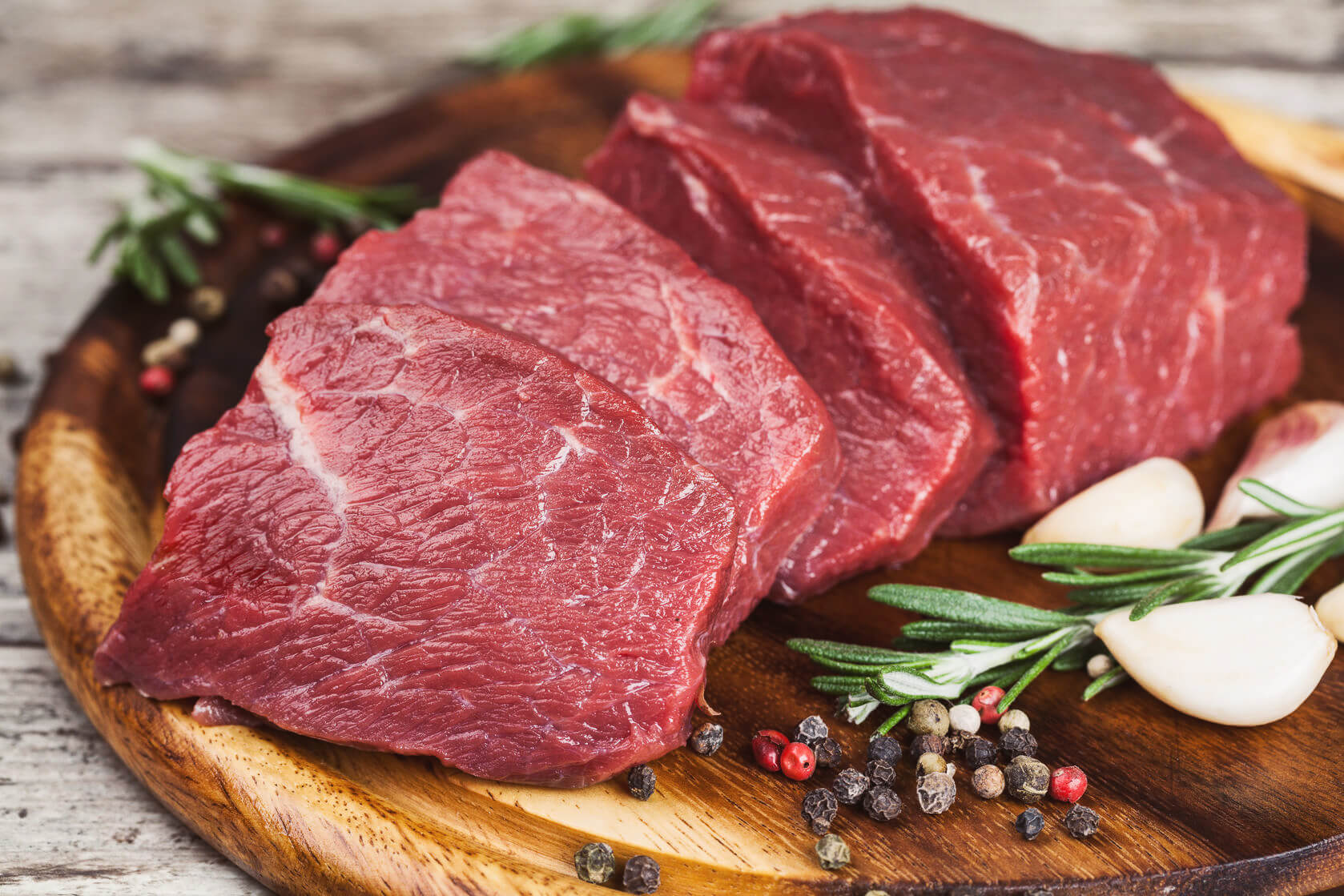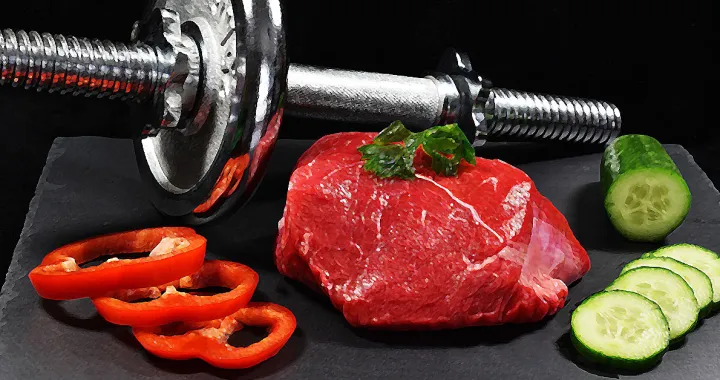In the world of fitness and nutrition, protein is hailed as the king of macronutrients. It plays a vital role in building and repairing muscles, supporting weight loss, and maintaining overall health. While there are various sources of protein available, red meat stands out as a protein powerhouse that can significantly contribute to your fitness goals. In this article, we will explore the benefits of incorporating red meat into your diet, as well as some potential drawbacks to consider.
I. The Nutritional Benefits of Red Meat:
1. High Protein Content:
Red meat, such as beef, lamb, and pork, is renowned for its high protein content. Protein is essential for muscle growth, repair, and recovery, making it indispensable for athletes and fitness enthusiasts. A 100-gram serving of lean beef contains approximately 26 grams of protein, offering a substantial boost to your daily protein requirements.
2. Complete Amino Acid Profile:
Red meat provides a complete range of essential amino acids that the body cannot produce on its own. These amino acids are crucial for various physiological functions, including the synthesis of new proteins, enzyme production, and hormone regulation. The amino acid profile of red meat ensures optimal muscle development and supports overall body functions.
3. Rich in Micronutrients:
In addition to protein, red meat is an excellent source of essential vitamins and minerals. It contains high levels of iron, zinc, vitamin B12, and vitamin D. Iron is vital for oxygen transport, energy production, and immune function. Zinc supports immune health and aids in protein synthesis. Vitamin B12 is essential for nerve function and the production of red blood cells. Vitamin D is crucial for bone health and immune system regulation.
II. Red Meat and Fitness Goals:
1. Muscle Development and Recovery:
The high-quality protein found in red meat provides the necessary building blocks for muscle growth. Whether you’re aiming to build lean muscle or recover from intense workouts, incorporating red meat into your diet can help optimize your results. The amino acids and micronutrients present in red meat aid in muscle repair, reduce muscle soreness, and support faster recovery.
2. Weight Management:
Red meat can be beneficial for individuals aiming to lose weight or maintain a healthy weight. Protein-rich foods like red meat can increase satiety and reduce appetite, making you feel fuller for longer periods. This can potentially lead to a reduced caloric intake, aiding in weight loss efforts. Additionally, the thermic effect of protein digestion contributes to increased calorie burning during digestion and absorption.
3. Enhanced Exercise Performance:
Red meat’s nutritional profile can contribute to improved exercise performance. Iron and zinc, found abundantly in red meat, are crucial for oxygen transport and utilization within the body. These minerals support optimal energy production, which is vital for endurance, strength, and overall athletic performance.
III. Considerations and Potential Drawbacks:
While red meat offers several benefits, it is essential to consider some potential drawbacks associated with its consumption. Here are a few points to keep in mind:
Pros:
- Red meat is an excellent source of high-quality protein, promoting muscle growth and repair.
- It provides a complete amino acid profile necessary for various physiological functions.
- Red meat is rich in essential micronutrients such as iron, zinc, vitamin B12, and vitamin D.
- Incorporating red meat into your diet can aid in weight management by increasing satiety and reducing appetite.
- The nutrients in red meat, such as iron and zinc, can enhance exercise performance.
Cons:
- High consumption of red meat has been associated with an increased risk of certain health conditions, such as cardiovascular disease and certain types of cancer. Moderation is key.
- Some studies suggest a potential link between red meat consumption and inflammation,





5